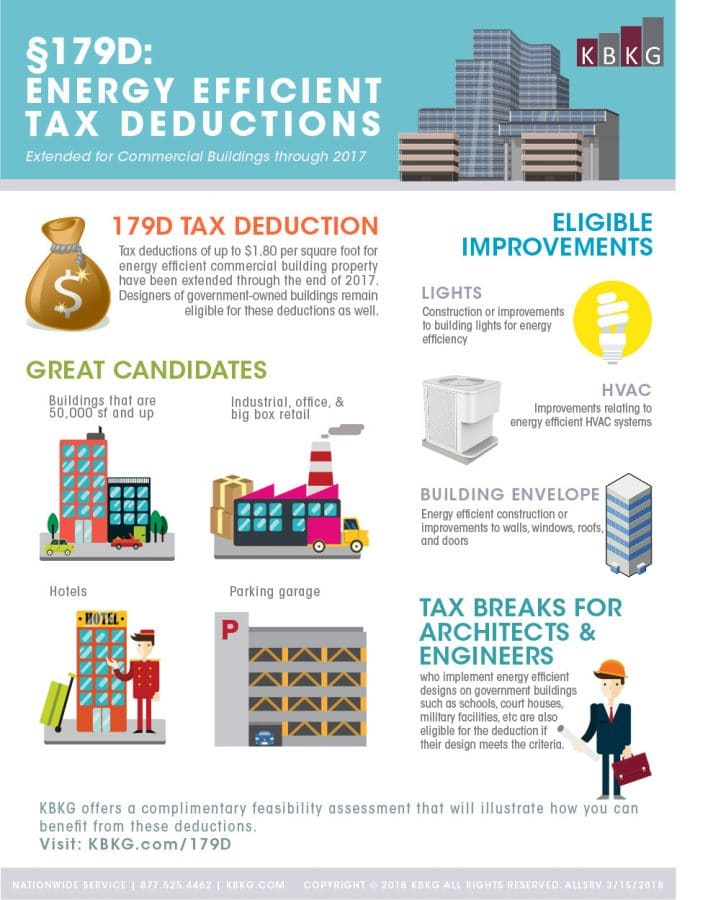The tax credit for builders of energy efficient homes and tax deductions for energy efficient commercial buildings have also been retroactively extended through december 31 2020.
Energy efficient doors tax credit 2018.
Claim the credits by filing form 5695 with your tax return.
Tax credits for residential energy efficiency have now been extended retroactively through december 31 2020.
Taxpayers who upgrade their homes to make use of renewable energy may be eligible for a tax credit to offset some of the costs.
Non business energy property credit.
The renewable energy tax credits are good through 2019 and then are reduced each year through the end of 2021.
Part of this credit is worth 10 percent of the cost of certain qualified energy saving items added to a taxpayer s main home last year.
The first part of this credit was worth 10 of the cost of qualified energy saving equipment or items added to a taxpayer s main home in the past year.
Here are some key facts to know about home energy tax credits.
Homeowners may receive no more than 500 total for all energy efficiency tax credits.
This tax credit has unfortunately expired but you can still claim it for tax years prior to 2018 if you haven t filed yet or if you go back and amend a previous year s tax return.
In 2018 and 2019 an individual may claim a credit for 1 10 percent of the cost of qualified energy efficiency improvements and 2 the amount of the residential energy property expenditures paid or incurred by the taxpayer during the taxable year subject to the overall credit limit of 500.
Through the 2020 tax year the federal government offers the nonbusiness energy property credit.
Qualified improvements include adding insulation energy efficient exterior windows and doors and certain.
500 for eligible doors.









